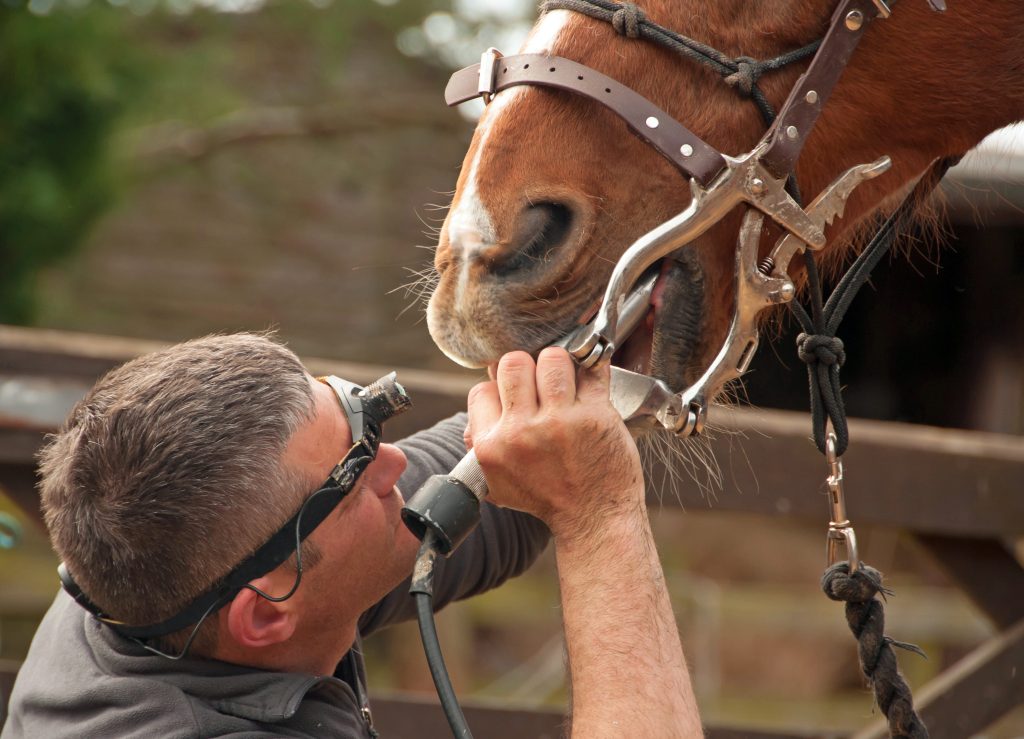The importance of preventing horse dental issues cannot be overstated. Good dental health is vital for your horse’s overall well-being, affecting everything from digestion to behavior. By understanding the basics of equine dental care, you can ensure your horse stays healthy and comfortable. In this article, we will explore the various aspects of horse dental care, the common issues that can arise, and how to effectively prevent them.

Understanding Equine Dental Anatomy
To effectively prevent dental issues, it’s essential to understand the anatomy of a horse’s mouth. Horses have a unique dental structure that allows them to graze effectively. Their teeth continue to grow throughout their lives, which means regular dental check-ups are necessary to prevent complications.
The Role of Incisors and Molars
Horses have two main types of teeth: incisors and molars. The incisors are located at the front of the mouth and are used for cutting grass. Molars, located at the back, are used for grinding food. Proper alignment and health of these teeth are crucial for efficient digestion.
How Teeth Wear and Tear Occurs
Horses naturally grind their teeth while eating, which can lead to uneven wear. This uneven wear can cause sharp points and edges, leading to discomfort and other dental problems. Regular dental check-ups, often referred to as floating teeth, can help prevent these issues.
Common Dental Issues in Horses
Several dental issues can affect horses, each causing varying degrees of discomfort and health problems. Identifying these issues early is key to successful prevention and treatment.
Sharp Enamel Points
One of the most common issues is the development of sharp enamel points. These points can cause ulcers and lacerations in the mouth, leading to pain and difficulty eating. Regular floating can help manage and prevent these points from forming.
Periodontal Disease
This condition is caused by inflammation and infection of the gums and supporting structures of the teeth. It can lead to tooth loss and severe pain. Maintaining good oral hygiene and regular check-ups can prevent periodontal disease.
Tooth Abscesses
Tooth abscesses are infections that occur at the root of a tooth. They can cause swelling, pain, and difficulty eating. Treatment typically involves antibiotics and, in severe cases, extraction of the affected tooth.
Signs Your Horse May Have Dental Issues
Recognizing the signs of dental problems early can prevent long-term complications. Here are some common indicators that your horse may be experiencing dental issues:
- Difficulty eating or dropping food
- Weight loss or poor body condition
- Bad breath
- Swelling around the jaw or face
- Head tossing or resistance to the bit
The Importance of Regular Dental Check-Ups
Regular dental check-ups are an essential part of preventing horse dental issues. These check-ups should be conducted by a qualified equine dentist or veterinarian. During the examination, they will assess the overall health of your horse’s mouth and perform necessary dental procedures.
How Often Should Check-Ups Be Done?
The frequency of dental check-ups depends on the age and health of your horse. Generally, adult horses should have their teeth checked at least once a year, while younger and older horses may require more frequent visits.
Preventive Measures for Equine Dental Health
Preventive care is key to maintaining your horse’s dental health. Here are some measures you can take:
Regular Floating
Floating involves filing down sharp points and edges on your horse’s teeth. This procedure should be done by a professional to ensure it’s performed correctly and safely.
Proper Nutrition
A balanced diet is crucial for maintaining healthy teeth. Ensure your horse has access to high-quality forage and feed that supports dental health.
Providing Chew Toys
Chew toys can help wear down your horse’s teeth naturally while providing mental stimulation. Choose toys made from safe, durable materials.
Working with Equine Dental Professionals
Collaborating with a qualified equine dentist or veterinarian is essential for preventing horse dental issues. They have the expertise to diagnose and treat dental problems effectively.
Choosing the Right Professional
When selecting an equine dental professional, consider their experience, qualifications, and reputation. It’s important to work with someone you trust to care for your horse’s dental needs.
Conclusion
Preventing horse dental issues is a critical aspect of equine maintenance. By understanding the importance of dental health, recognizing signs of trouble, and implementing preventive measures, you can ensure your horse enjoys a healthy, happy life. For more detailed information on equine dentistry, you can visit The Basics of Equine Dentistry.

FAQs
Why is dental care important for horses?
Dental care is crucial for horses because it affects their ability to eat and digest food properly. Poor dental health can lead to weight loss, pain, and other health issues.
How can I tell if my horse has dental problems?
Signs of dental problems include difficulty eating, weight loss, bad breath, and swelling around the jaw.
What should I do if I suspect my horse has a dental issue?
If you suspect a dental problem, contact a qualified equine veterinarian or dentist for an examination and appropriate treatment.
This article contains affiliate links. We may earn a commission at no extra cost to you.
